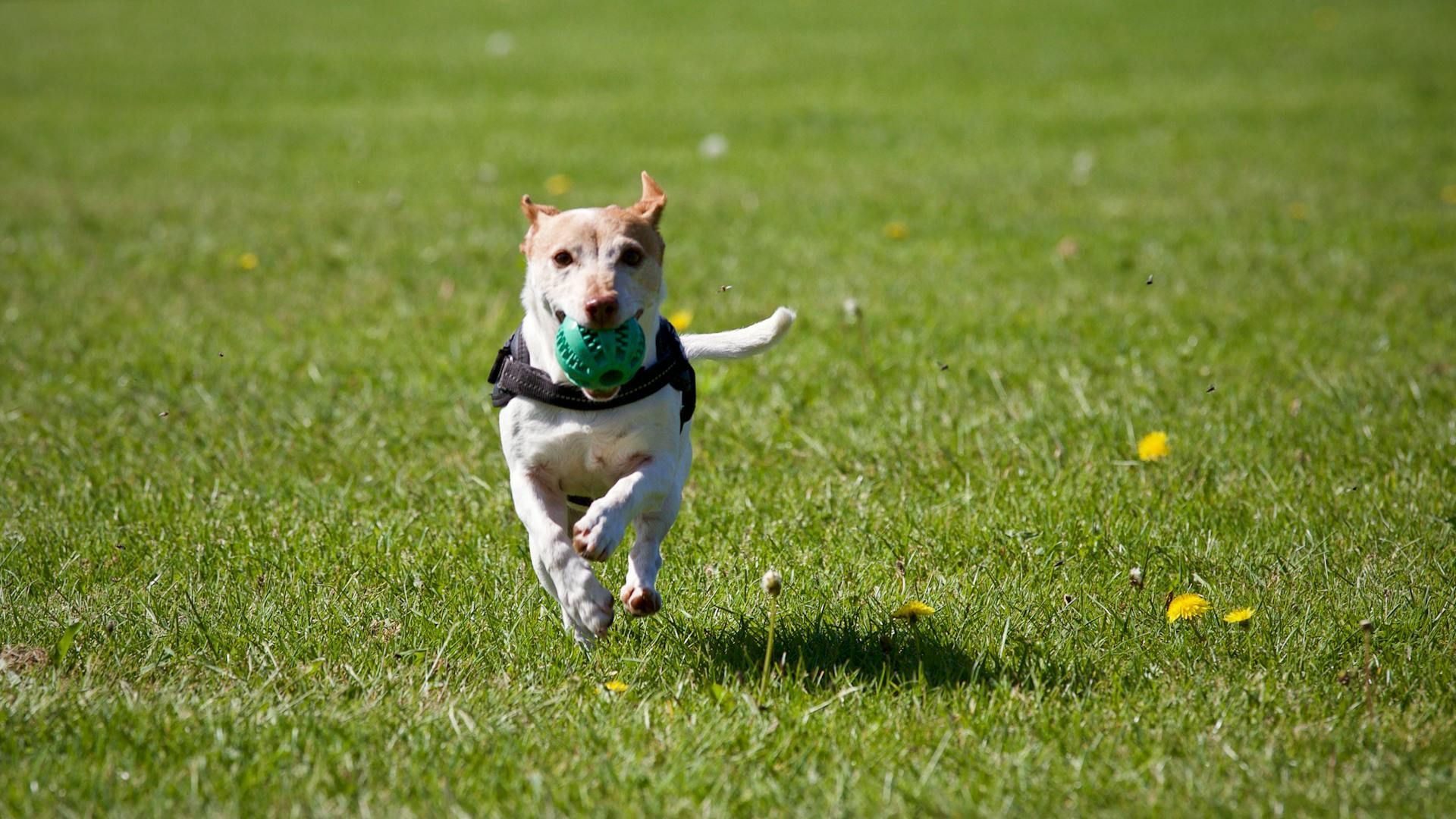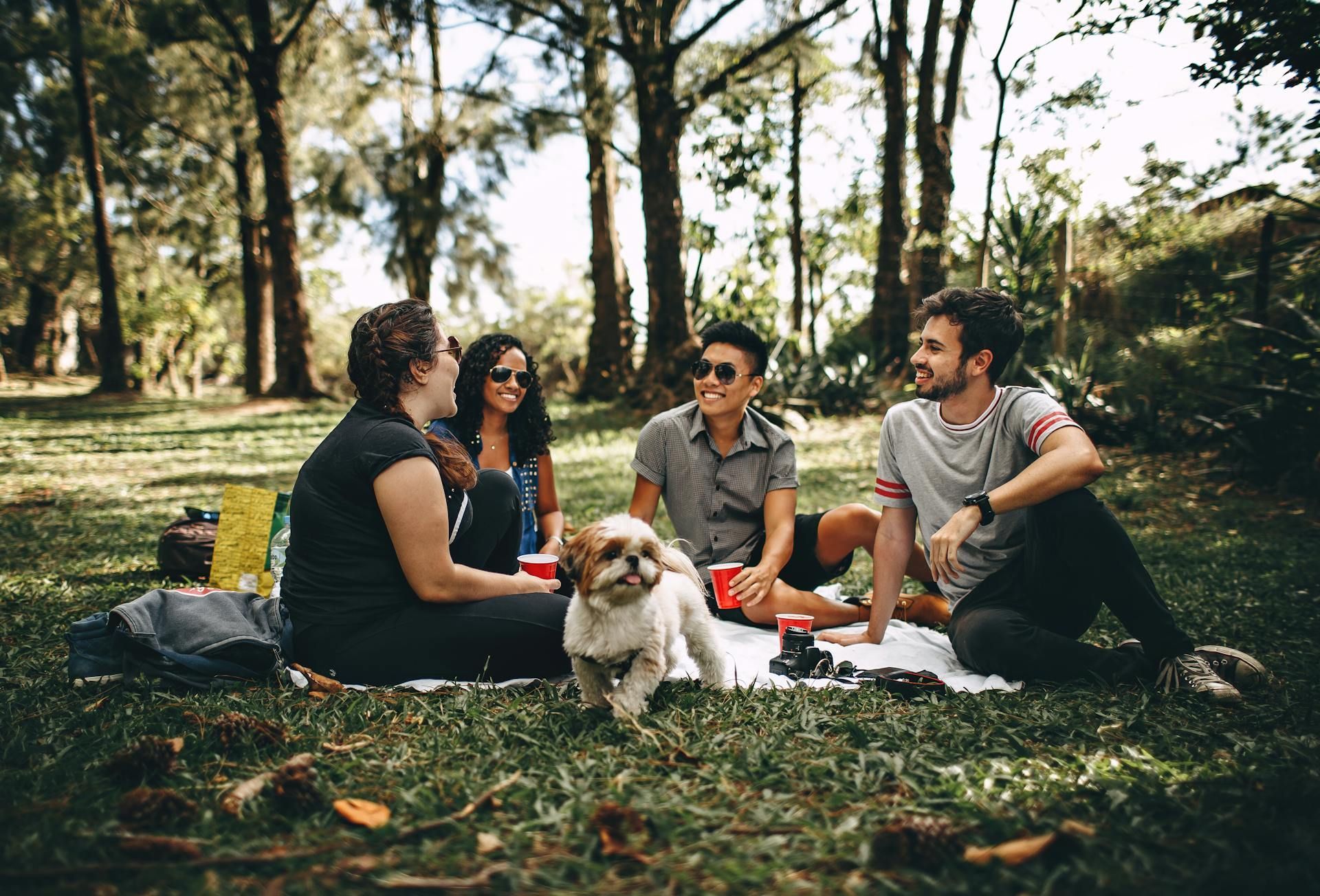Can Dogs Eat Turkey?
 Thanksgiving is all about the bird. Hours go into the roasting and basting. Once the feast is over, there are turkey sandwiches, turkey potpies, and turkey casseroles to make. It is tempting to slip our dogs some meat or even make them up a plate of it as a special Thanksgiving treat with all that leftover turkey.
Thanksgiving is all about the bird. Hours go into the roasting and basting. Once the feast is over, there are turkey sandwiches, turkey potpies, and turkey casseroles to make. It is tempting to slip our dogs some meat or even make them up a plate of it as a special Thanksgiving treat with all that leftover turkey.
But should dogs eat turkey? Is it good for them? Are there any risks?
Here is what you need to know about feeding turkey to dogs to safely get your dog through the holidays.
The short answer is “yes and no.” Turkey is non-toxic to dogs. It is rich in nutrients like protein, riboflavin, and phosphorous. In fact, it is an ingredient in many commercial dog foods..
When cooked plain, it can be an essential part of a homemade dog food diet.
Thanksgiving turkeys, however, are rarely cooked plain. We rub our birds with butter and oils and season them with salt, pepper, herbs, and spices. While this is delicious for our dogs, it is a recipe for an unpleasant digestive upset at best and pancreatitis at worst.
How to Feed Your Dog Turkey Safely
If you decide to feed your dog turkey this Thanksgiving, here are a few things you need to know to do it safely.
- Skip the skin. All that fat and seasoning is dangerous for dogs. The fat content can cause pancreatitis, and the seasonings can irritate your dog’s stomach.
- Make sure you only feed your dog turkey meat. Onions are toxic to dogs and garlic is potentially toxic in large quantities.
- Feed your dog only small quantities of turkey. Talk to your vet about adding food scraps into your dog’s diet, especially if your dog has a preexisting health condition, like diabetes.
- Make sure there are no bones in the meat you feed your dog.
As always, if you have any questions, talk with your vet about how to feed turkey safely to your dog.
The post Can Dogs Eat Turkey? appeared first on Memorial Crossing Pet Resort.



